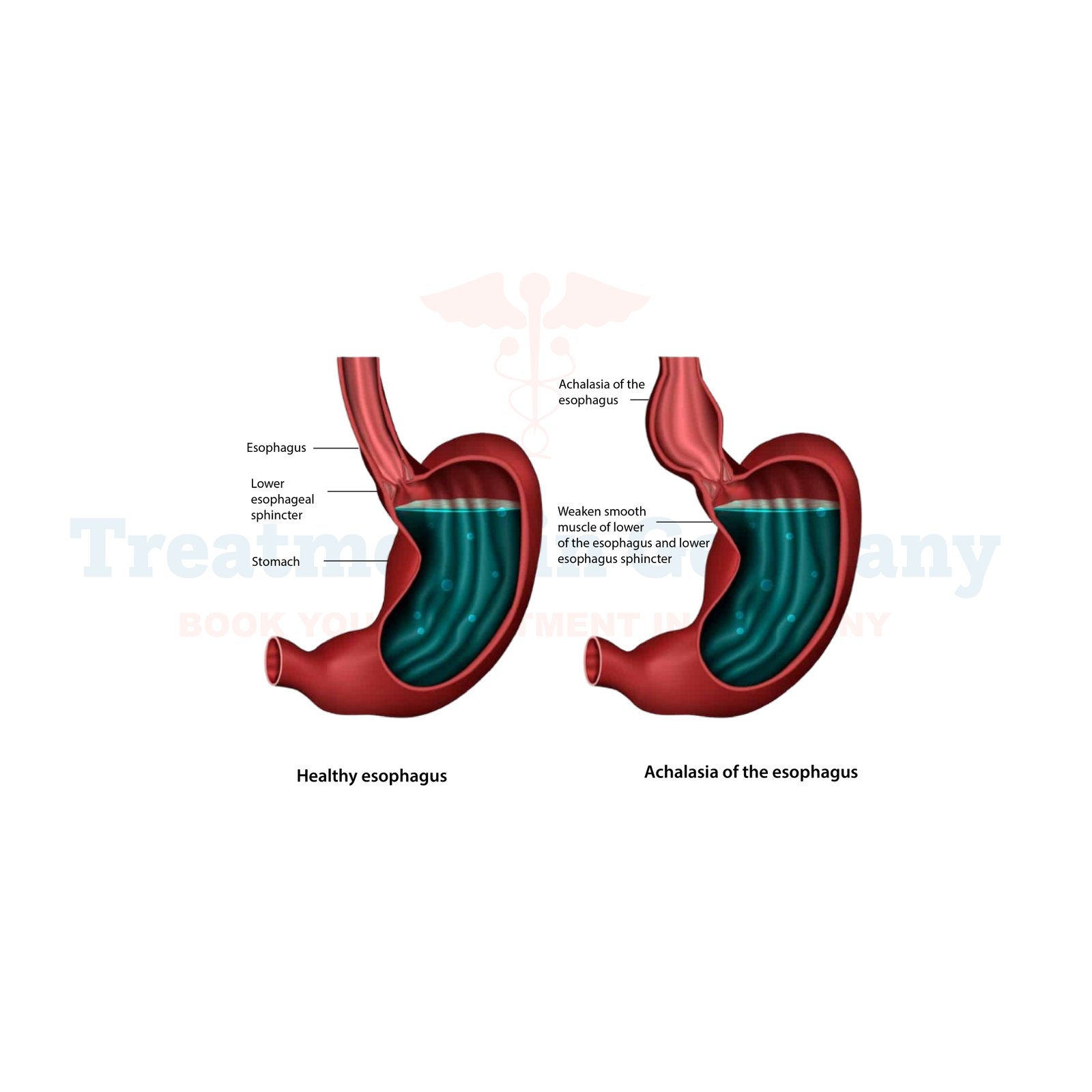What is Achalasia?
Achalasia is a condition characterized by the inability of the lower esophageal sphincter (LES) to relax properly during swallowing, leading to difficulty in moving food into the stomach.
This results in food becoming trapped in the esophagus, causing symptoms such as difficulty swallowing (dysphagia), regurgitation of food, chest pain, and weight loss. The exact cause of achalasia is not fully understood, but it is believed to involve damage to the nerves of the esophagus.
Side Effects of Achalasia:
The symptoms of achalasia can significantly impact a patient's quality of life. Dysphagia, or difficulty swallowing, is one of the hallmark symptoms and can lead to malnutrition and weight loss if not managed properly.
Regurgitation of food and saliva may occur, sometimes accompanied by coughing or aspiration. Chest pain, often mistaken for heart-related issues, is another common side effect of achalasia and can be debilitating for some patients.
How is Achalasia Diagnosed?
Diagnosing Achalasia typically involves a combination of medical history review, physical examination, and diagnostic tests. These may include:
Potential Treatments of Achalasia:
Treatment options for achalasia aim to alleviate symptoms and improve esophageal function. In Germany, patients may have access to the following treatments:
👉 Contact us forfurther information and receive a complimentary consultation.


.webp)
 (1).webp)

.webp)
 (1).webp)


.webp)
 (1).webp)

.webp)
 (1).webp)
